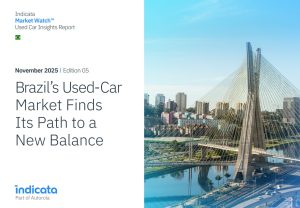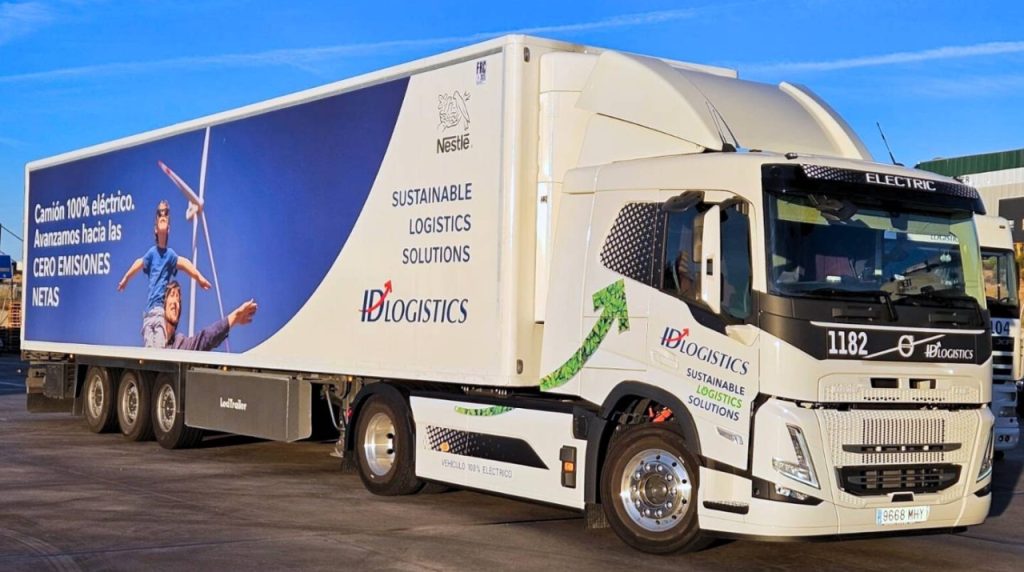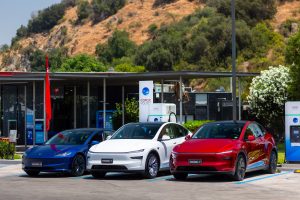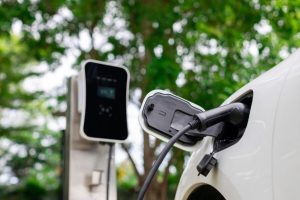
Nestlé Spain Plans to Avoid 3,000 Tons of CO2 a Year with Electric Truck Fleet

Nestlé Spain’s decarbonization strategies include reducing carbon emissions in logistics and transport operations. In this regard, it has set itself the goal of switching to a lower-emission fleet by 2025.
In addition, its objectives include reducing CO2 emissions by 11% compared to 2018 figures, a period in which the company was recognized with its first Lean&Green star, promoted by AECOC after reducing 20% of its emissions from 2013 to 2017.
On the other hand, Nestlé is working to reduce emissions by more than 200 kilos per tonne transported in Spain, in collaboration with ID Logistics to carry out its logistics activities using a new electric truck.
Related content: Servosa Receives Prestigious Recognition for Greenhouse Gas Emissions Calculation
Nestlé Strengthens Sustainable Mobility
Nestlé’s new truck is more sustainable and efficient, ready to cover the route that runs through the Company’s logistics center in Guadalajara and facilities in various locations in Madrid.
“Nestlé continues to advance in its commitment to sustainability and the environment. With the commissioning of this electric truck, a benchmark in operational efficiency, the company also achieves significant savings in carbon dioxide emissions in its logistics activity,” says Batirtze Garrido, Iberian Transport Manager for Nestlé Spain.
In this way, and operating with this new truck, along with others that it uses for its operations in collaboration with ID Logistics, it expects to end this year with a significant reduction of 3,000 tons of CO2 emissions since day 1 when it began to use this type of conscious transport.
Finally, the company is strengthening its CO2 emission reduction targets, knowing how important it is to make the transition to electric vehicles in order to minimize the impact of its logistics operations on the environment.





